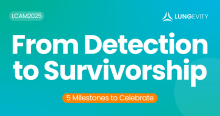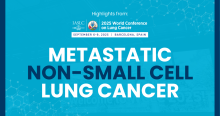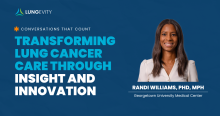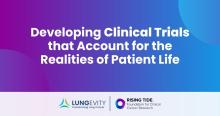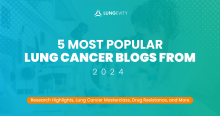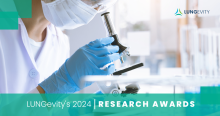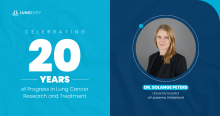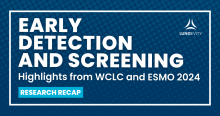Celebrating Progress in Lung Cancer: From Detection to Survivorship
Over the past twenty years, lung cancer research and care have entered a new era. One filled with hope, innovation, and progress that is transforming what it means to face a lung cancer diagnosis. From groundbreaking early detection efforts to life-extending treatments, each step forward represents years of collaboration between researchers, patients, and others in the lung cancer community. Today, LUNGevity celebrates five exciting areas of progress that highlight the incredible strides made through sustained lung cancer research. 1. The Precancer Genome Atlas: Stopping Lung Cancer Before It

